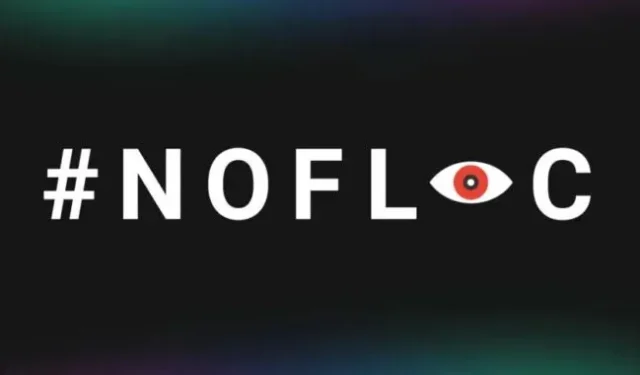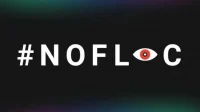After widespread opposition from the rest of the internet, Google is dropping its “FLoC”plans.
The company wants to get rid of third-party web cookies used to track ads, so it proposed FLoC (Federated Cohort Learning) that would allow its browser to track you for the benefit of advertising companies. Since FLoC is dead, Google is putting forward another user tracking proposal for advertisers. This time the system is called “API Topics”. There are no implementation details at this time, but Google has posted information about the Topics API in a blog post, developer documentation , GitHub page, and Privacy Sandboxes site.
The plans for the Google Topic API have just been unveiled to the world, and the company says the next step is to create a trial implementation and collect feedback from the web. Let’s hope EFF, Mozilla, the EU and other privacy advocates who have been talking about FLoC join Google’s new plan. The Topics API gives users more control over the tracking process, but if your main complaint was that browser vendors shouldn’t embed user tracking technology directly into the browser for the benefit of advertising companies, you’ll still be nitpicking Google’s plan. Google is the world’s largest advertising company, and it uses its ownership of the world’s largest browser to inject its business model into Chrome.
So what is the difference between Topics API and FLoC? Both allow the browser to track you and your interests and report those interests to advertisers when they request, resulting in ads with higher click-through rates. Topics will give users a little more control over how this process happens and make users less recognizable. Google says that Chrome’s settings will show users which topics the browser detects are of interest to them, and users will be able to remove topics they don’t want to see ads for. Most importantly, Google says that users and sites will be able to opt out of the Topics API.
FLoC worked by grouping people with similar browsing history together into a “cohort”and making assumptions about that group for promotional purposes. One problem was that these groups could be small enough to track users individually, which is what third-party cookies do today. Google says topics should be broad enough to ensure users aren’t individually tracked and further reduce fingerprinting. Google says “5 [percent] of the time is given a random topic (selected from a full set of topics).”
A complete list of starter themes is available here; it includes categories such as “Football”, “Politics”and “Software”. Google says the topics will be public, curated by people, and cover sensitive areas like ethnicity or sexual orientation. Behind the scenes, the system will work by matching website hostnames to different topics, and as you browse the web, your browser will create a local list of your topics. When an advertiser requests a list of topics, the browser will return one topic for each of the last three weeks of use. Google encourages advertisers to “only get topics they’ve viewed”from other sites. So, if you visit a knitting website and it has Google ads, only other sites with Google ads will know about your knitting habits.
Everything here is an improvement over the current free third-party cookies that can individually track users as they navigate the web. Other browser vendors have addressed this issue by completely blocking third-party cookies by default; Mozilla did it in 2019, and Apple’s Safari launched in 2020. The only reason Chrome hasn’t followed suit is because 80 percent of Google’s revenue comes from ads, and the company wants to find an alternative to protect its business before it enables a “privacy sandbox”for cookies.
We’re still looking forward to reactions from around the web, but given how far Google’s offering is still from other browser vendors, it’s unclear if privacy advocates even need to make updated statements. The EFF FLoC statement had problems with any form of user tracking that would seem to still apply to the Themes API.
“[Google] framing is based on the false assumption that we have to choose between ‘old tracking’ and ‘new tracking,” EFF said of FLoC. “It’s not either-or. Instead of reinventing the tracking wheel, we should imagine a better world without the many problems of targeted advertising.”
Google has targeted the third quarter of 2023 to remove third-party cookies from Chrome, although that deadline has already been pushed back and will depend on how this trial period goes. The company states that it will post monthly updates at privacysandbox.com/timeline/.


